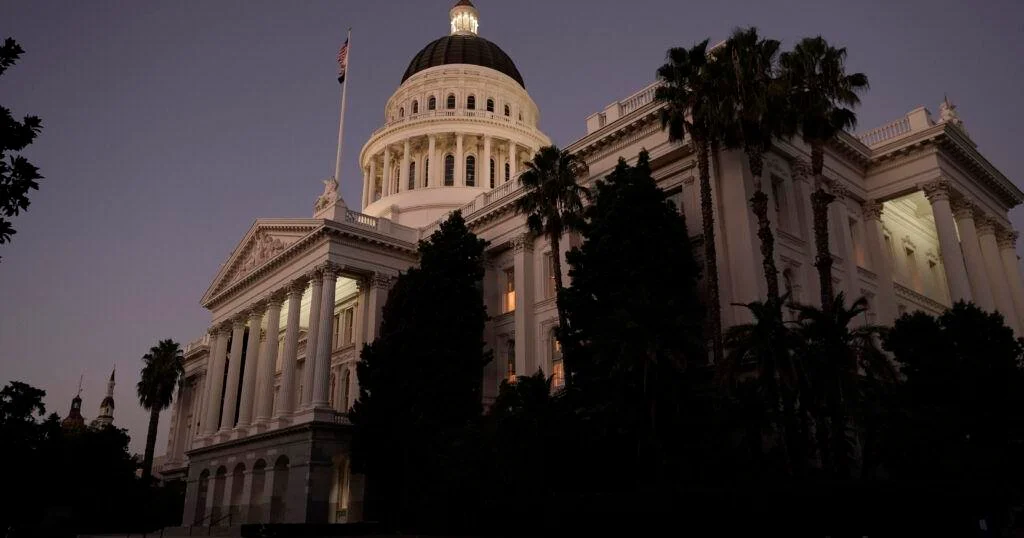The California Assembly Health Committee has pushed forward a groundbreaking bill aimed at establishing a universal healthcare system within the state. This move marks a significant step toward potentially reshaping the healthcare landscape in California.

The bill, known as AB 2200, proposes the creation of a universal healthcare board tasked with overseeing the implementation of a system called CalCare. Under CalCare, most private healthcare would be prohibited, and the responsibility for funding the entire $405 billion spent annually on healthcare in California would shift to the state budget.
Assemblymember Ash Kalra, D-San Jose, expressed optimism about the bill, emphasizing California’s potential to serve as a national model for progressive healthcare reform.
If enacted, AB 2200 would enroll every resident of California in CalCare, providing coverage for a range of services including gender-affirming care, home health care, assisted living facilities, dialysis, and acupuncture. While private insurance would be phased out, limited options for non-covered services would remain available, subject to negotiation with the government.
The financing of CalCare would primarily rely on redirecting federal Medicare and Medicaid funding to the state level, supplemented by increased state taxes. However, concerns have been raised about the potential impact on California’s already strained budget, which faces a $73 billion deficit.
Critics of the bill have pointed to potential drawbacks, citing examples from other countries with universal healthcare systems. The California Medical Association warns of the risk of curtailing critical healthcare during lean budget years due to the state’s balanced budget requirement. Additionally, concerns have been raised about the potential for abuse within the proposed fee-for-service model, with fears that providers may approve unnecessary procedures for financial gain.
Despite these challenges, proponents of AB 2200 remain undeterred, highlighting the need for a comprehensive overhaul of the current fragmented and profit-driven healthcare system.
The bill now moves to the Assembly Appropriations Committee for further consideration. Its passage would represent a significant milestone in the ongoing debate over healthcare reform in California and could have far-reaching implications for the state and beyond.